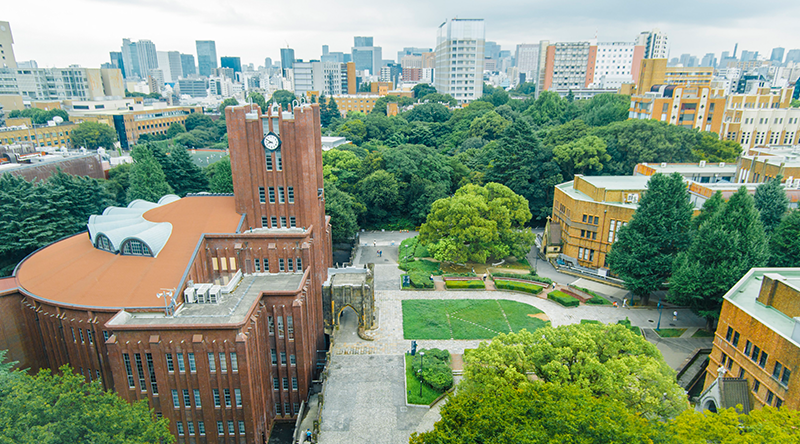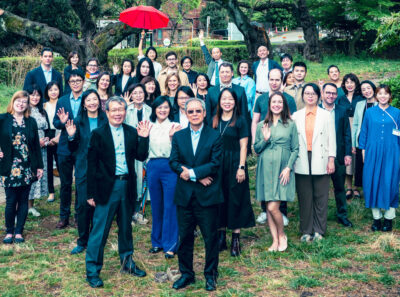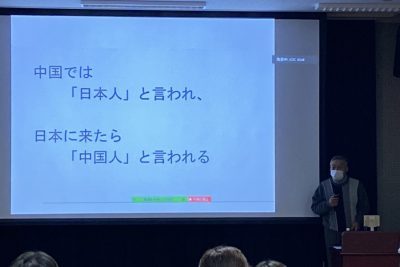Science and Society under Emergency Conditions: Changing Information and Discerning Explanations

The COVID-19 pandemic has reached every corner of the globe and now threatens lives everywhere. In an emergency situation like this one brought about by COVID-19, how can science interact productively with general society?
Usually, science undertakes research activity to pursue natural phenomena with the purpose of elucidating them, obtaining specific findings or data about them, and systematizing that information as a set of knowledge. Thus, science holds within it both a vast amount of specific knowledge and the accumulated wisdom of past human experience.
In this emergency situation, can science contribute to the general population and to society?
In the case of COVID-19, many in the medical sciences have made enormous efforts to help us cope with this emerging event. Some analyze and explain what is going on from a scientific perspective; others conduct research on the coronavirus’s mechanisms or on treatments for the disease. Still others join government panels and guide policymakers with their expertise. These are three common ways in which science interacts with and contributes to society.
At first, scientists use their experience and accumulated knowledge to explain to people and to society an emerging event that is still unfolding before us. Yet, there are many difficulties in explaining an event with unknown factors. In the case of COVID-19, there exists general knowledge about coronaviruses’ mechanisms of infection and the diseases they cause, but details about the COVID-19 virus’s transmissibility, the conditions required to kill it, or treatment and care for COVID-19, the disease the virus causes, are lacking or unknown. Under these circumstances, it is scientists who must explain the situation to society, because they, uniquely, have both a more advanced and a more substantial knowledge about events than any other group in society.
But, this is really hard work. Two points are necessary to make this process meaningful and effective.
Firstly, information on the situation is increasing and improving day by day, and thus, because of this progress, explanations of the situation can deepen and also change. Sometimes, past explanations are no longer appropriate. Scientists should honestly report these facts and the progress they’ve made; they should always offer the newest evidence-based information. When a past explanation drastically changes, scientists need to make clear the basis for the shift in explanation. Regrettably, some scientists fail to abandon outdated explanations in order to maintain the authority they had established. They refuse to admit that a past explanation is no longer appropriate. However, such vanity results only in these scientists doing great damage to society’s trust in science.
Secondly, individuals and the general society had better recognize that scientists are explaining an event in a situation where knowledge and information are limited and are trying to elucidate facts behind an event in good will. Their explanations are not usually perfect, often requiring modification in a near future. Individuals and society must maintain a certain generosity in fairly discerning the situation and recognizing what these truly excellent scientists are accomplishing.
COVID-19 is not the first time scientists have been called upon to explain a situation to the public. In Japan, for one, scientists experienced a similar situation following the 11 March 2011 nuclear plant accident. The bitter experience of so many different experts each explaining the event with partial knowledge and information, the haphazard delivery of information, and the ensuing confusion severely damaged society’s trust in science and engineering.
We must never allow such a terrible experience again.
In my next post, I will explain what scientists must now do as a countermeasure.








